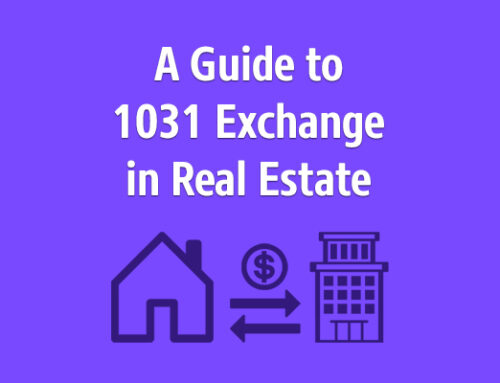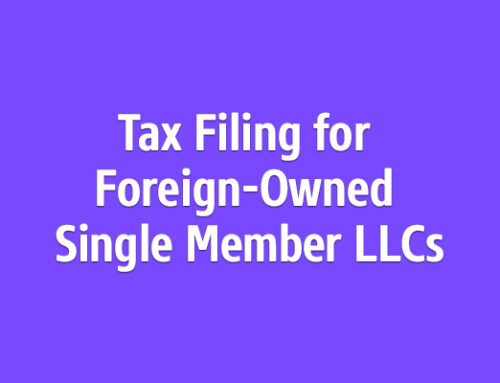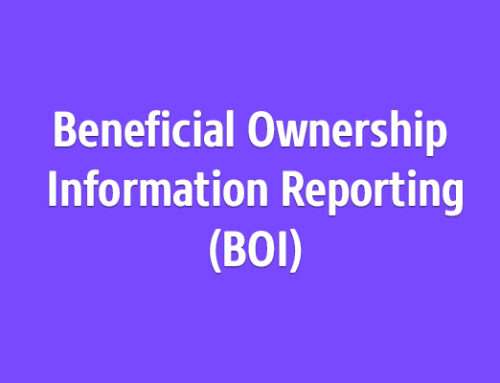While tax season may still be a few months away, it’s never too early to start preparing for your next return. Staying organized and proactive throughout the year can help you navigate potential challenges and maximize your tax savings.
Stay On Top of Your Important Documents and Information
Federal threshold for issuing the 1099-K has dropped to $600. Make sure you gather all the tax forms reported to IRS under your business name such as 1099-K, 1099-NEC, 1099-MISC. You should keep records of invoices, bank statements, check copies for your business expenses. With inaccurate record keeping, you could miss some deductions, or worse, you could be putting your business at risk for an IRS audit.
If you have employees and work with contractors, make sure you have their most up to date information and timely classify and organize the payments you made to them.
Keep Your Books Up-to-Date, Start Now If You Haven’t Started Yet
You can only claim tax credits and deductions for qualified business expenses. If you keep track of all your business-related expenses throughout the year, you can take advantage of all the tax credits and deductions available to you.
You should make sure to track all your expenses, owner equity accounts, loan liability accounts, cost of goods sold, inventory assets and always keep accurate, detailed, and updated records of those business transactions. We highly recommend using a bookkeeping software or getting help from a tax professional. By keeping your books up to date with a software, you will be able to proof those transactions easily by pulling up transaction reports in case of an IRS audit.
Be Careful About Year-end Purchases and Buying Stuff
Buying “stuff” at the end of the tax year and “writing it off” is a common misconception; something like buying a new machinery or making high payments for a leased vehicle or equipment. You may think this is a quick and easy deduction for your business and will save you money on taxes. It may be the case, but make sure it’s something that you needed to buy regardless of the tax write-off potential.
For example, if you buy an equipment for $5,000, it does not reduce your tax liability for $5,000. This will only lower your taxable income and its fraction of its true cost when you calculate tax liability.
Stocking up on inventory at the end of the year thinking It will lower your tax liability is another misconception. Purchasing inventory doesn’t mean that you can write it off, inventory is write-off at point of sale. Do not stock up on inventory that you won’t be able to sell by the end of tax year as it won’t be your cost of goods sold expense until it’s sold. In fact, you should try to get rid of the inventory sitting at your warehouse for a long time.
Spending cash on expenses you can’t write off or those have minimum impact on taxes may prevent you to save enough money to pay your tax liability and cause frustration.
Classify Your Business Correctly
How you classify your business will affect how it will be taxed for the future year. The most common forms of business are the sole proprietorship, partnership, corporation, and S corporation. There are different filing deadlines and tax forms to be filed for each business tax structure.
Every business is different and has their unique needs so you should consider if it’s right time for you to start a certain business structure now or your tax classification may be worth changing as your business evolves and expands. For example, with S-Corp status, your business may be able to take advantage of certain tax benefits, but S Corps also have some limitations, responsibilities, and drawbacks so it may not be a right option for you. Therefore, it is important to conduct an analysis of your options at the outset but also check your business’s tax classification periodically.
Pay Reasonable Salary to Yourself If You Own an S Corp
Taking the tax advantage of S Corp tax code but not being on reasonable salary is a big red flag for IRS. Generally, an officer of a corporation is an employee of the corporation. The fact that an officer is also a shareholder does not change the requirement that payments to the corporate officer be treated as wages. If you own an S Corp and do not pay reasonable salary to yourself, you could be putting your business at risk for an IRS audit.
There are no specific guidelines for reasonable compensation in the Code or the Regulations. The various courts that have ruled on this issue have based their determinations on the facts and circumstances of each case.
Determine a Method to Pay Your Taxes
If you pay your taxes quarterly, in most cases you won’t owe any money. If you are not on top of your books and don’t pay estimated taxes, you may end up owing the IRS taxes after your forms are completed. You have a few options for paying your tax bill.
- One-time payment: The best way is to make payment at the time that you file your taxes. This option will avoid you from paying interest, penalties, and late fees.
- Installment Agreement: You can choose between short-term and long-term payment plan. With short-term plan, you can pay the full amount owed within 120 days, while the long-term plan is for business owners who need extra time to pay it down.
The Bottom Line
As a business owner you are always busy with day-to-day business operations, growing and maintaining your business, and many more. But there is one thing you should never forget; staying on top of your business taxes should be your top priority.
Here at TaxBasket, we’ve helped many business owners with choosing a business structure, tax classification, tax filing and consulting needs. Contact us today with any questions you may have or schedule a free consultation to get answers to your most difficult tax questions.
References;
IRS Publication 583 (01/2021), Starting a Business and Keeping Records
https://www.irs.gov/publications/p583
IRS Deducting Business Expenses
https://www.irs.gov/businesses/small-businesses-self-employed/deducting-business-expenses
IRS Business Structures
https://www.irs.gov/businesses/small-businesses-self-employed/business-structures
SBA Choose a business structure
https://www.sba.gov/business-guide/launch-your-business/choose-business-structure
S Corporation Employees, Shareholders and Corporate Officers
https://www.irs.gov/businesses/small-businesses-self-employed/s-corporation-employees-shareholders-and-corporate-officers
IRS Publication FS-2008-25, August 2008
https://www.irs.gov/pub/irs-news/fs-08-25.pdf
IRS payment options FS-2020-10, July 2020
https://www.irs.gov/newsroom/irs-payment-options
Disclaimer
This article is intended for informational purposes and should not be taken as legal or tax advice. You must consult with your tax, financial or legal adviser about your unique financial situation before acting on anything discussed in this article. TaxBasket LLC is providing informational content for general guidance to help small business owners become more aware of certain issues and topics and this article must never be considered as a substitute for advice provided by your tax, financial or legal advisers. TaxBasket LLC or its members cannot be held liable for any use or misuse of this content.




